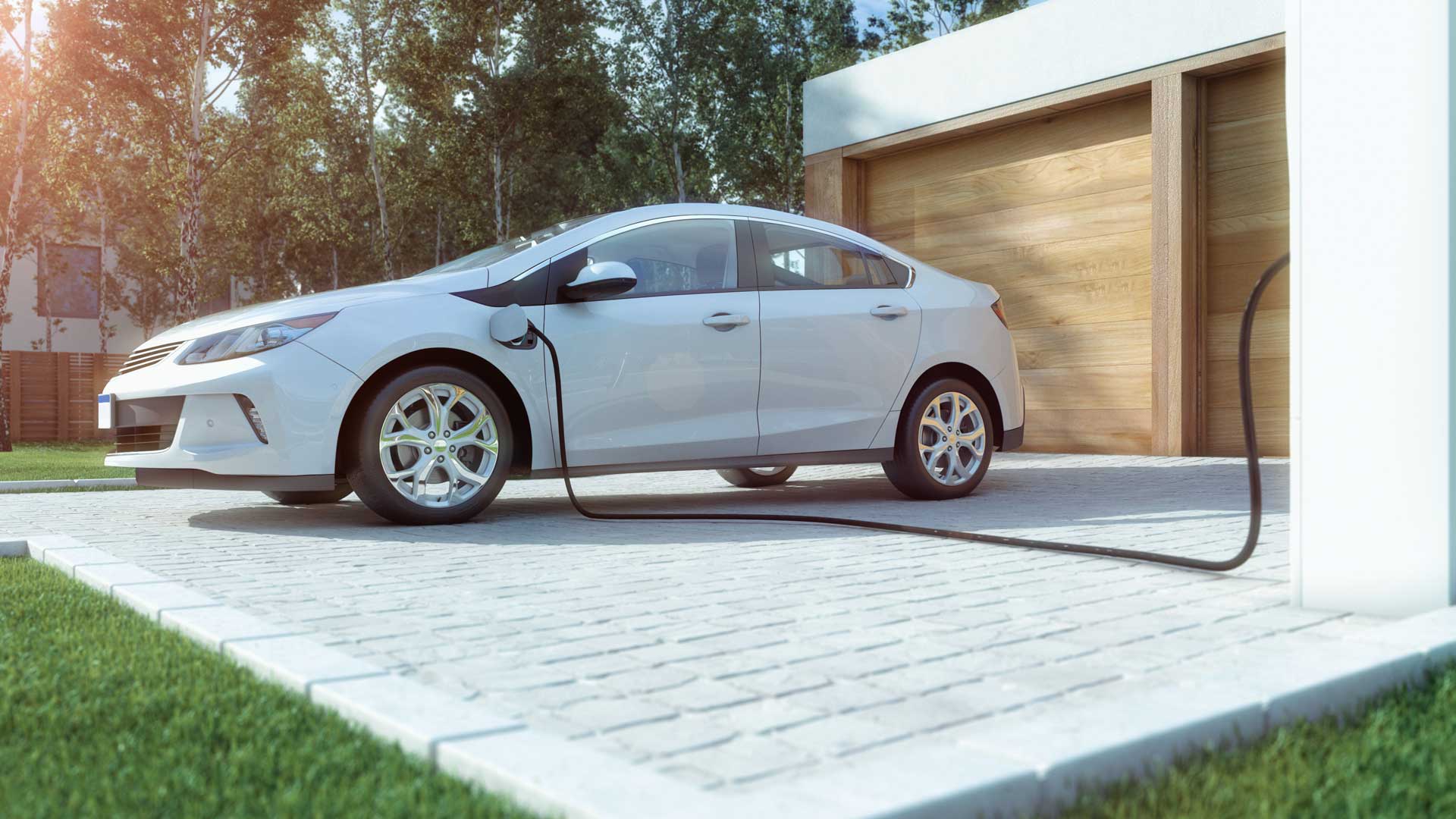What Are Your Electric Vehicle Charging Options?
If you’ve decided to embrace electric vehicles (EV), you’re going to need a home charging station. Unlike the early models, today’s EVs offer long driving ranges that will keep you from getting stuck without power.
To get the most out of this new breed of EV, you’ll also have to become familiar with:
- Charging levels.
- Charging ranges.
- Charging time.
Some of your choices will depend on the type of EV you have. If you need help at any stage, SESCO can offer expert help, guidance, and installation of your EV charging station.
Understanding Charging and Range Hours
Instead of miles per gallon, EVs operate on range per charging hour. The range is the distance in miles that you can get for each hour of charging.
The charging times will also differ slightly depending on whether you have a fully electric car or a plug-in hybrid. Fully electric models include the Nissan Leaf, BMW i3, Ford Focus, and Fiat 500 EVs. Hybrids include the Toyota Prius, Volvo XC90, Ford Fusion, and Chevy Volt.
Battery Fill Times
Another thing to keep in mind is that although it seems like the charge time from empty to full can seem long for some charger types, you’re not going from empty to full that often. If you have an average daily commute, you will be fine with just a few hours of daily charging.
Charging Station Options
The following setups are available for both residential and commercial use.
Level 1 Charging
This is the simplest way to charge your EV. You simply hook it up to a home outlet and to the car’s onboard plug. This setup uses a standard 120-volt outlet.
- Charges at a range of 12 miles per charging an hour for both fully-electric and hybrid models.
- Hooks into the car’s onboard plug.
- Going from empty to full can take more than 20 hours.
- It’s a good choice for home use if you don’t put heavy miles on your car every day.
Level 2 Charging
Get faster charging with a standalone setup that uses 240 volts to speed up the whole process. The speed of this setup will depend on the type of car you have. Some public charging stations use Level 2 chargers.
- Level 2 uses a standalone charging station to deliver electricity from your home to the car.
- A 240-volt 3.8kW outlet charges both types of EV at 12 miles per charging hour.
- A 240-volt with a 7.2kW outlet charges fully electric cars at 12 miles per charging hour and hybrids at 26 miles per charging hour.
- Going from empty to full takes 10 hours or less.
DC Fast Charging
This is probably more power than most people need. It’s useful if you put heavy mileage on your car and can afford the expensive setup and specialty adaptor plug. DC fast charging is better suited to commercial use.
- It delivers DC current directly to your EV.
- Your EV can go from empty to full in 30 minutes.
- This setup requires the specialty CHAdeMO adapter that only fits on certain fully electric EVs.
Keeping Charged
What kind of charging station do you need? Think about the amount of driving that you do each day, your budget and other places where you are likely to charge your EV.
- A government-sponsored study of EV drivers found that more than 80% percent of EV owners charged their EVs at work.
- Public charging is an option while you’re shopping, dining or doing other activities.
- Some new EV models have a “depart-by-time” feature that lets the car choose the optimal charging time.
Get Charged Up With SESCOS
EVs have many benefits. They’re an environmentally conscious choice, they save you thousands of dollars at the gas pump every year and they offer clean, quiet driving. You can enjoy all these benefits with SESCOS help. Call us today for expert installation and service of your EV charging station and all your electrical needs – check out our current special on EV charging stations.
